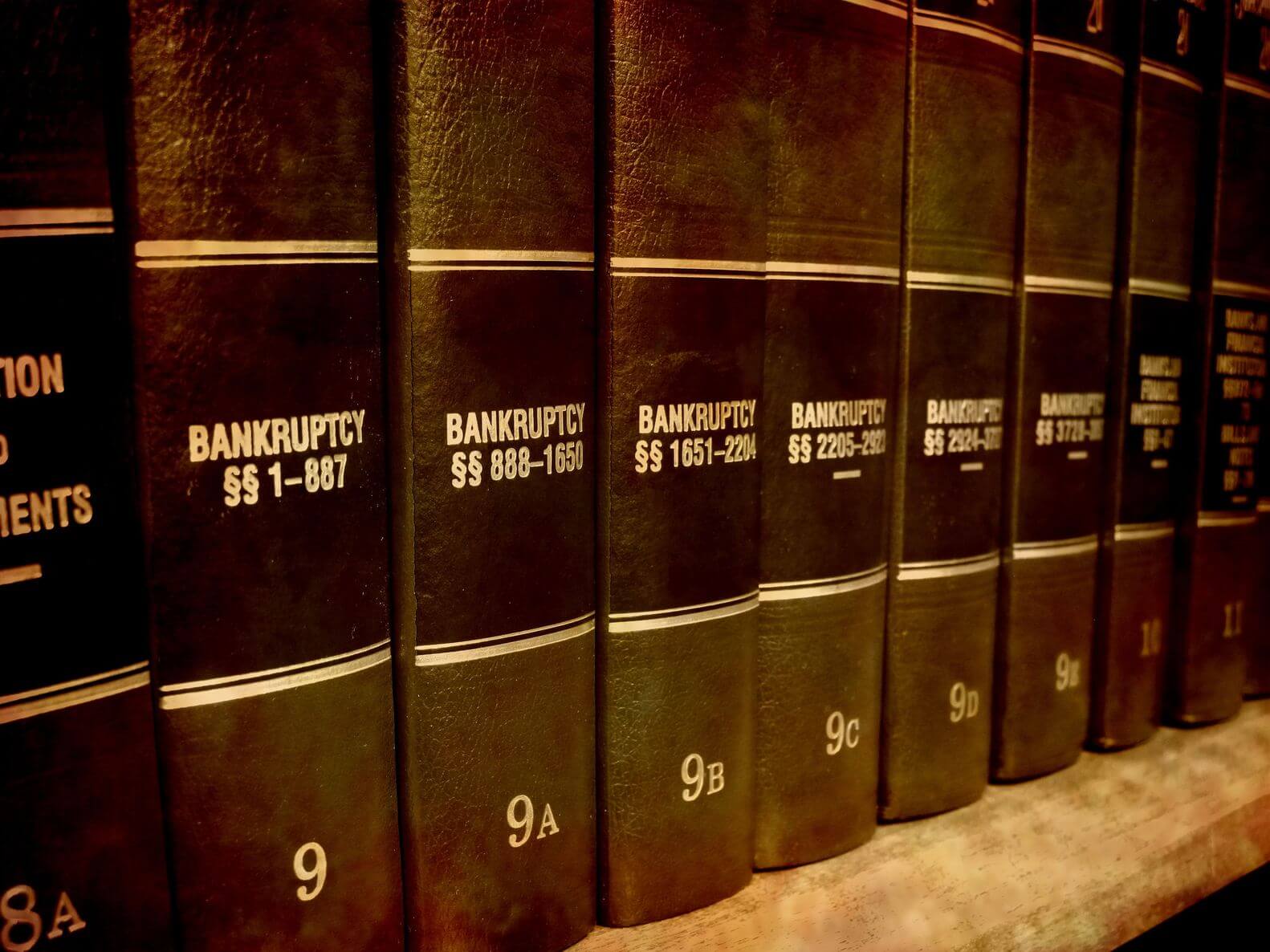
Converting from Chapter 13 to Chapter 7
The difficulty in completing Chapter 13 repayment plans makes converting Chapter 13 to Chapter 7 a popular option with many debtors. Only about one-third of all debtors complete the entire three or five years required for a repayment plan. That leaves the debtor with only a couple of options, one of which is converting Chapter 13 to Chapter 7.
Why Consider Converting from Chapter 13 to Chapter 7?
A lot can happen to a person’s financial or personal circumstances in three to five years, including hardships that can affect a debtor’s ability to continue paying a Chapter 13 repayment plan. The loss of a job, serious injury and the need to take care of a spouse or loved one are just a few of the possibilities that can make a repayment plan impossible to complete. A Chapter 13 debtor has the absolute right to dismiss a case at any time. But when that happens, the automatic stay is lifted and creditors are again free to pursue collection or foreclosure actions.
What is Required for Converting from Chapter 13 to Chapter 7?
The technical requirements are easy. A Notice of Conversion form must be filed with the court, along with a $25 fee, and the conversion takes place in just a few days without ever losing the protection of the automatic stay. The one requirement that affects many debtors is that a Means Test must be passed for the conversion to become final. Many Chapter debtors go with Chapter 13 because they earn too much money to qualify for the income limits of a Chapter 7 filing. That income limitation remains in effect for debtors converting from Chapter 13 to Chapter 7. The Means Test is designed to determine if the debtor has enough disposable income after reasonable expenses to be able to pay some money to creditors. If a job loss or other change allows a Chapter 13 creditor to pass the Means Test, the bankruptcy court will accept the conversion.
What Happens After the Case is Converted from Chapter 13 to Chapter 7?
First, any money you have paid to the trustee that has not yet been divided among creditors is returned to the debtor and the payment arrangement is canceled. A new bankruptcy trustee is appointed and a new 341 creditor’s meeting is held. A new statement of assets and liabilities, as well as income and expenses is filed and the case follows the normal Chapter 7 format.
Is a Conversion from Chapter 13 to Chapter 7 Guaranteed?
Bankruptcy trustees will look extra carefully at conversion cases to make sure the situation that led to the change in bankruptcy chapters was genuine and unavoidable. In the same way that fraud risks dismissal for a debtor in other elements of Chapter 7 or Chapter 13, a debtor who tries to manipulate the bankruptcy system to take advantage of a Chapter 7 bankruptcy will face a dismissal. Converting from Chapter 13 to Chapter 7 is prohibited when fraud or deception is used by the debtor, such as claiming a job termination accounted for a loss of income when the debtor actually voluntarily left a job to intentionally lower his income level to qualify for Chapter 7.